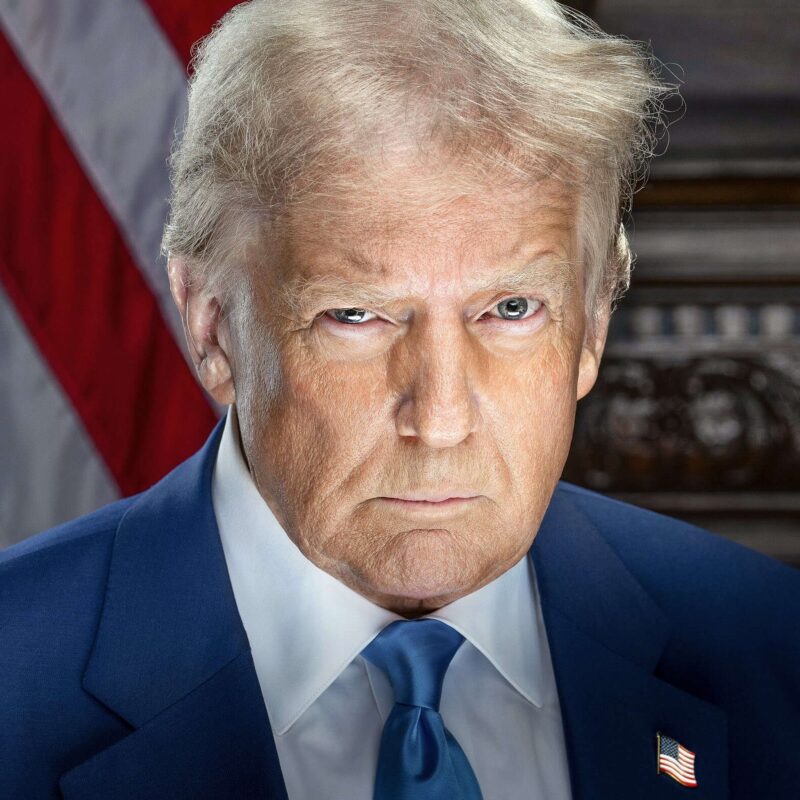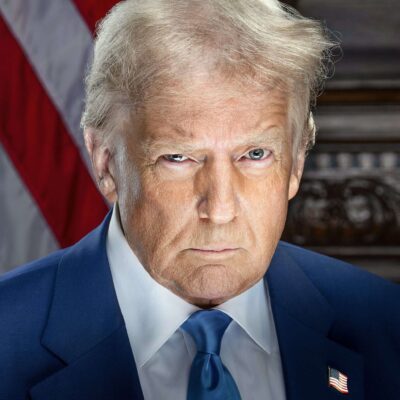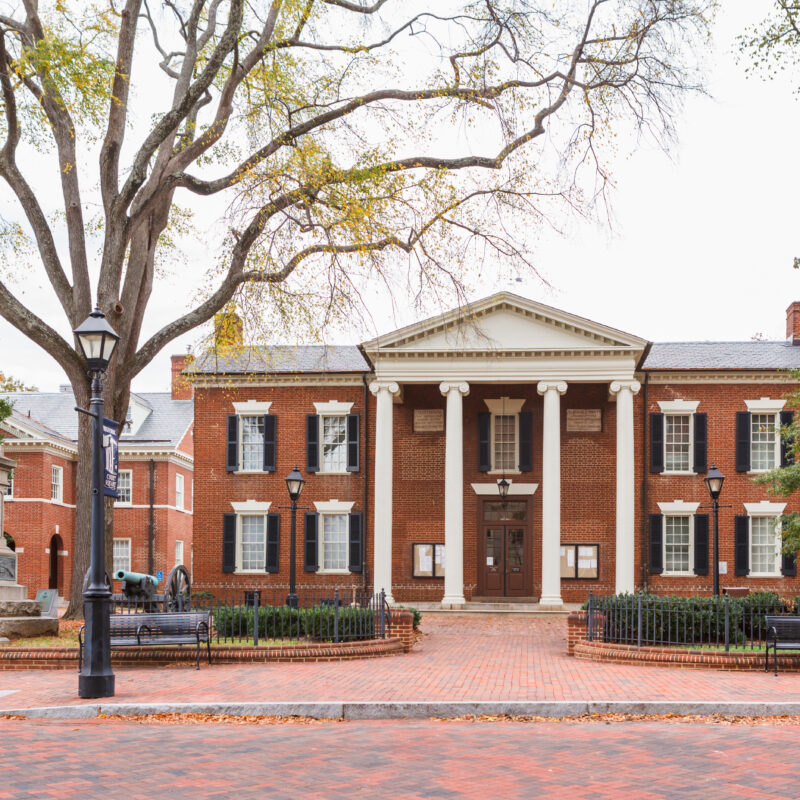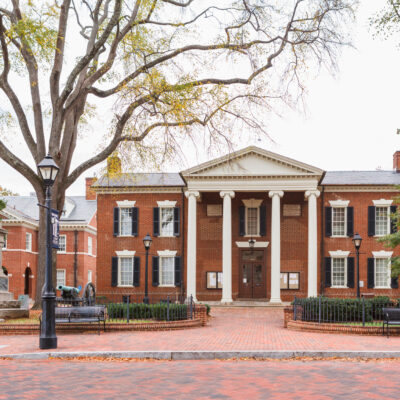By Sydney Halleman
Richie Edmond-Vargas sits on a shaded bench on the University of Virginia law school terrace. He’s digging into a vegetarian burrito bowl, enjoying a brief break from traveling. He pauses to point to some of the tattoos on his forearms—the Green Bay Packers logo, piano keys. “Eventually, I want to get bell hooks, Malala, and Beyoncé on me too,” he says, pushing up his round sunglasses, “They’re just more expensive.”
We wait as a CNN documentary about Edmond-Vargas, “The Feminist in Cellblock Y,” streams inside an auditorium in the school. It’s a last-minute screening, and only a handful of people are in the audience. He laughs a little at the low attendance, then places his now-empty bowl on the bench.
“The Feminist on Cellblock Y” follows Edmond-Vargas’ work building a feminist movement behind bars, while incarcerated inside an all-male prison in California. It’s an unlikely story, but one with roots in his childhood.
Growing up, Edmond-Vargas was an “artsy, nerdy kid.” But “my dad ran the house in a very traditional way,” he says. “He was a disciplinarian, he didn’t show emotion. And he worked his ass off.” The experience with his father ingrained a transactional kind of relationship with both men and women. He learned about the tension between duty and love. “It’s a direct representation of what I think patriarchy raises us to be. You take care of your family because you’re a man. Not because you love them. It’s based on duty,” he says. “It really framed my relationships with people and especially how I interact with men.”
In prison (at 19, he was sentenced to 10 years for armed robbery) that culture was magnified. Patriarchy ruled, women were “bitches,” and a man’s duty was to control his house. Edmond-Vargas equates the power of these ideas to a religion. “I’d say that patriarchy is the religion of America, period,” he says. “But in prison, it’s the only one. There are no other rules that supersede patriarchy, including the law.”
One of the first groups Edmond-Vargas participated in behind bars was about “how to be a man.” It only reinforced existing patriarchal concepts that he had experienced outside of prison, emphasizing male duty and the importance of men being the primary breadwinners.
But Edmond-Vargas knew there was another way. Before he was incarcerated, he’d known several women who were feminist activists and educators. In prison, he found more inspiration from delving into the work of feminist authors like bell hooks. He saw that the hypermasculine attitudes of his fellow inmates was limiting their success. “When I was in the least free state of my life, I knew that this feminist framework was real freedom,” he says.
And so began Success Stories, feminist group workshops that Edmond-Vargas co-founded in 2014. The first one was dismal—Edmond-Vargas and his facilitators had their workshop cut 40 minutes short and were laughed out of the room. But, over time, the atmosphere improved. Edmond-Vargas built the Success Stories curriculum on the work of feminist scholars, and the workshops are focused on identifying and debunking myths about manhood. He recognizes that his peers in prison were more likely to experience patriarchal violence. “The system pigeonholes people so that they are more likely to do it again,” he says.
Edmond-Vargas finished his sentence in 2018 and now works on several projects, including Initiate Justice, a California group that organizes people directly impacted by incarceration to advocate for criminal justice reform. Its goal is to end mass incarceration in California by 2036. In addition to Friday’s event, Edmond-Vargas held a screening and Q&A at Sojourners United Church on Sunday, part of his ongoing outreach work.
Success Stories still operates at the California prison where it began, and the program has grown. Edmond-Vargas attributes the group’s success to modeling vulnerability. “If you give people the opportunity to be human beings,” he says, “They’re going to take it.”





